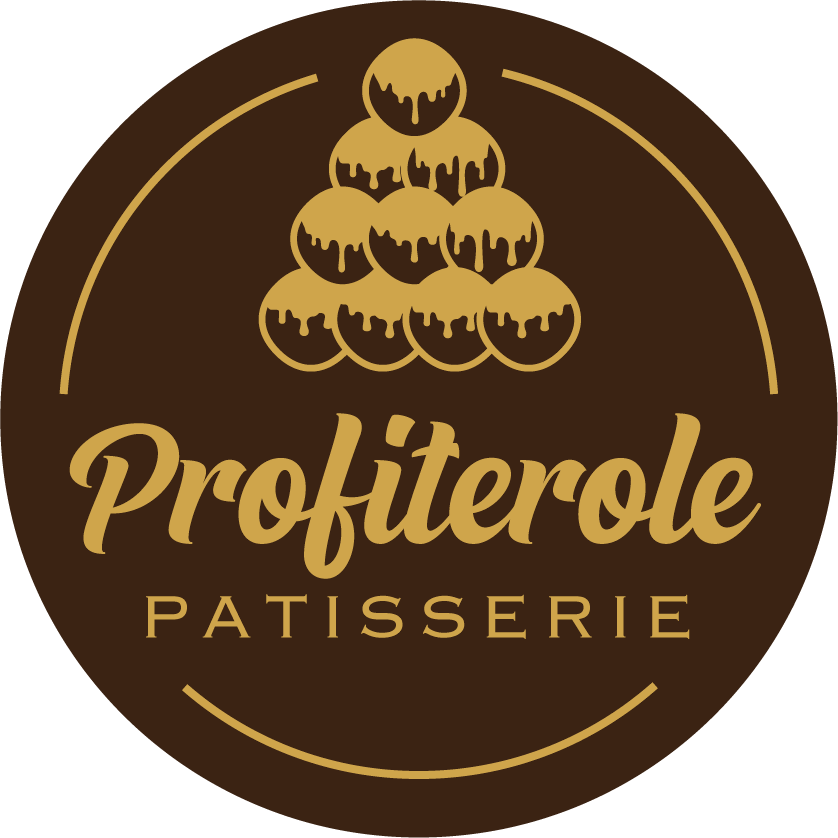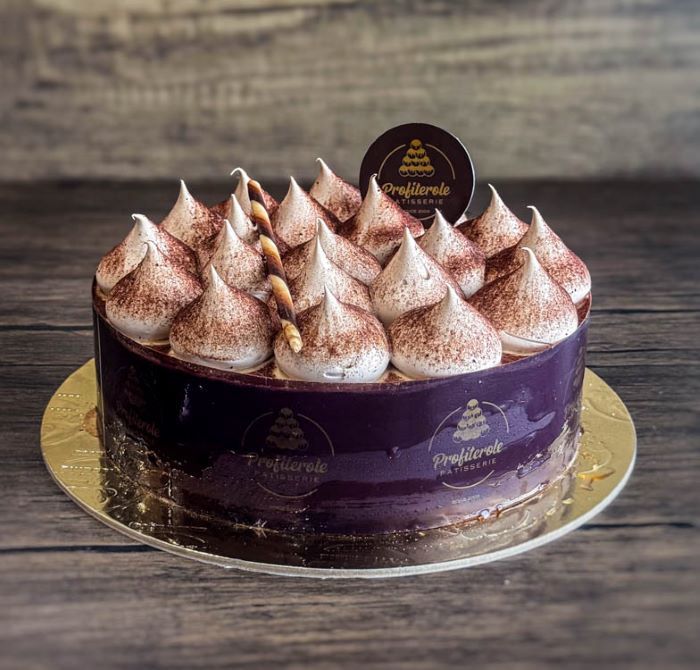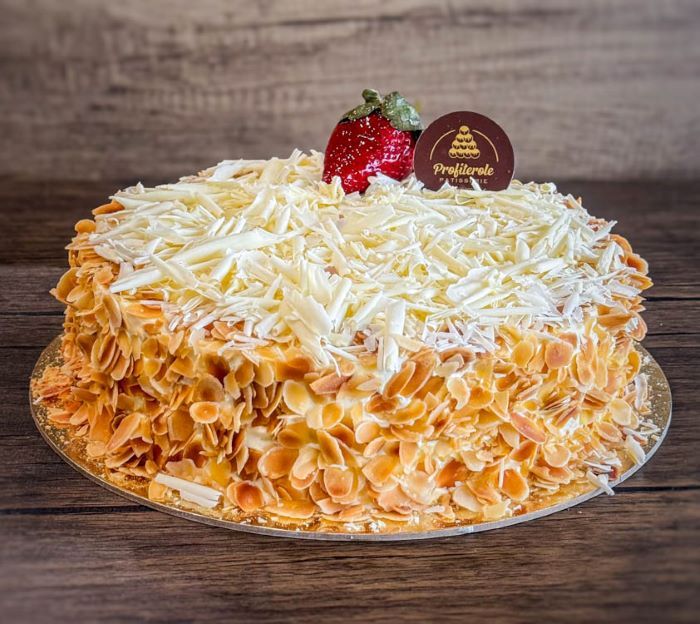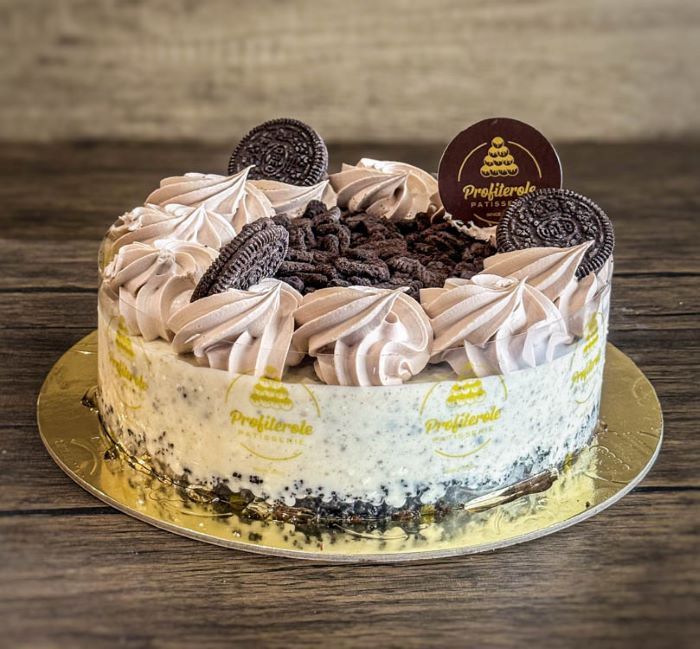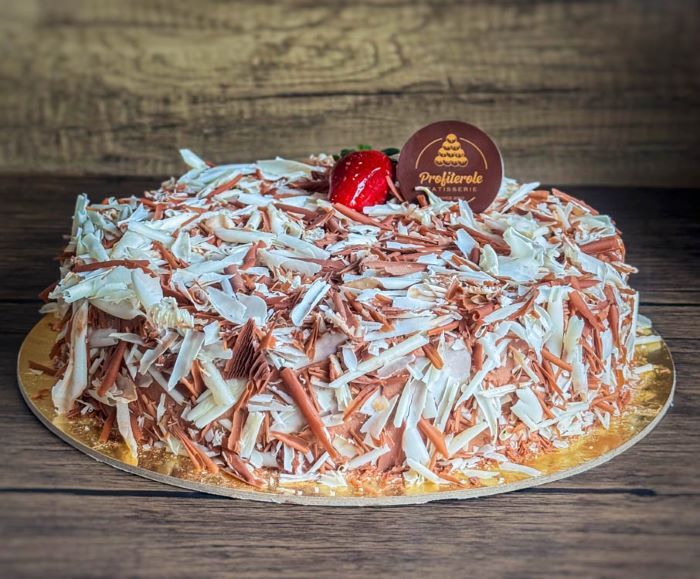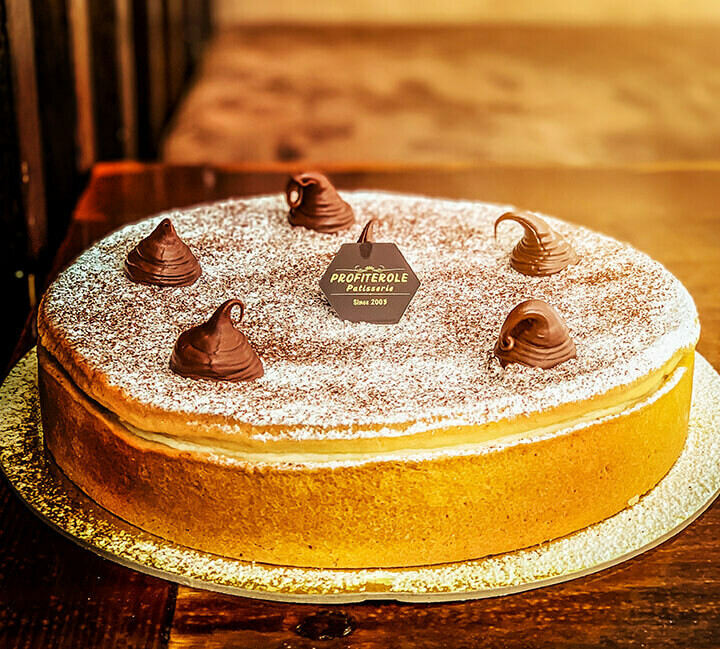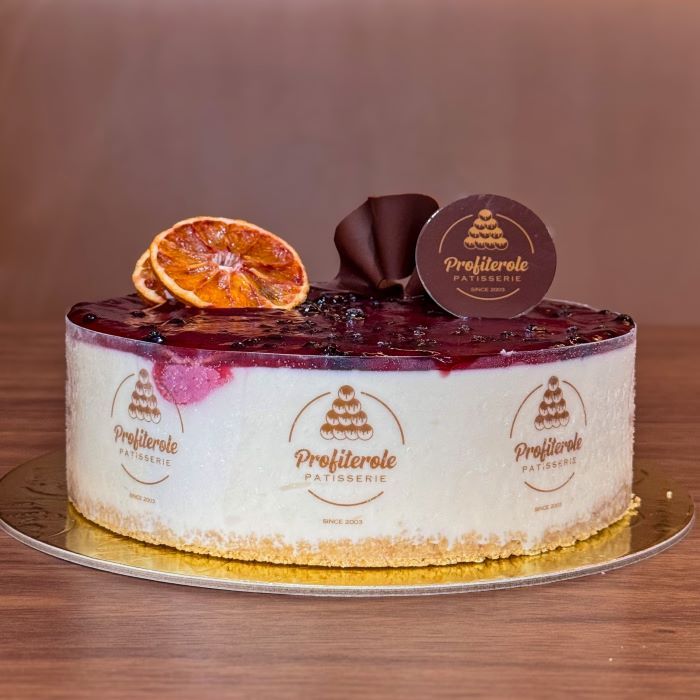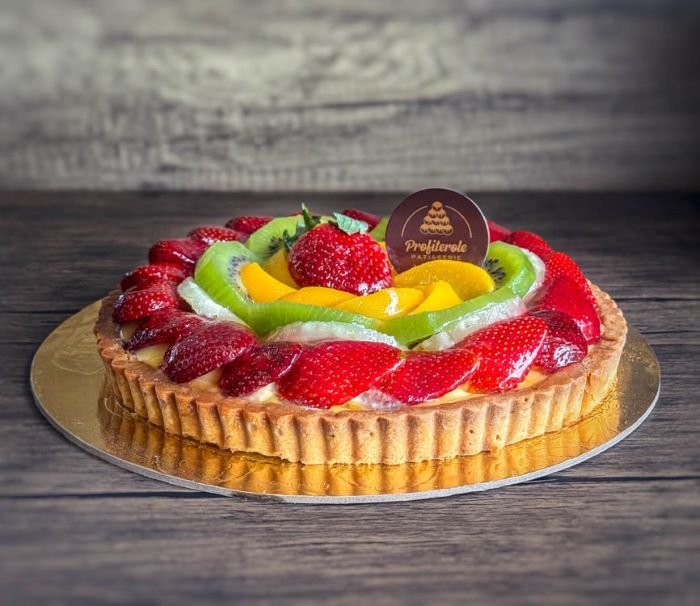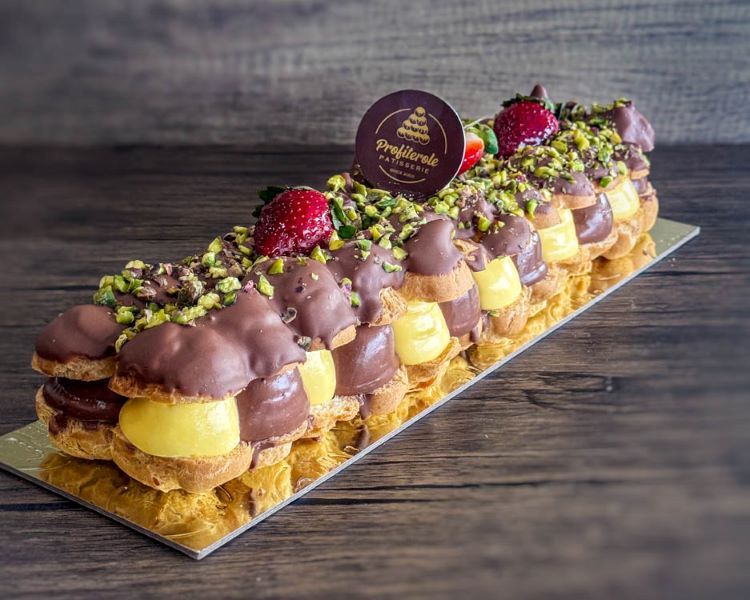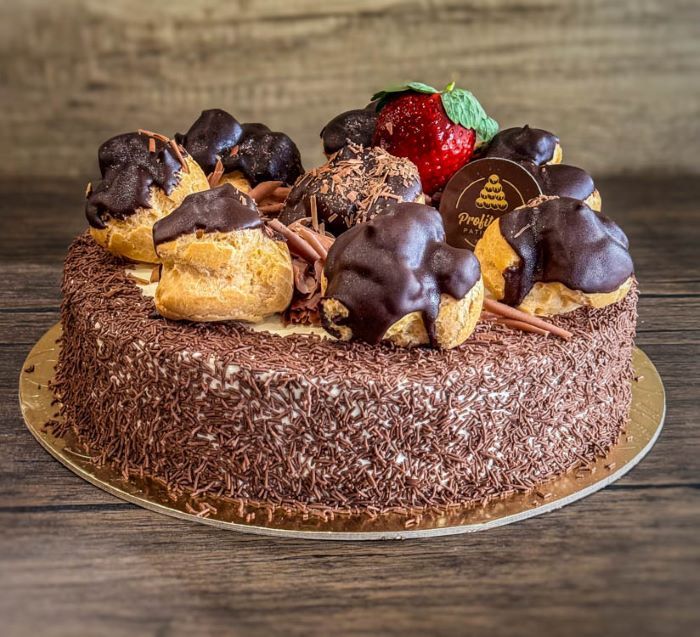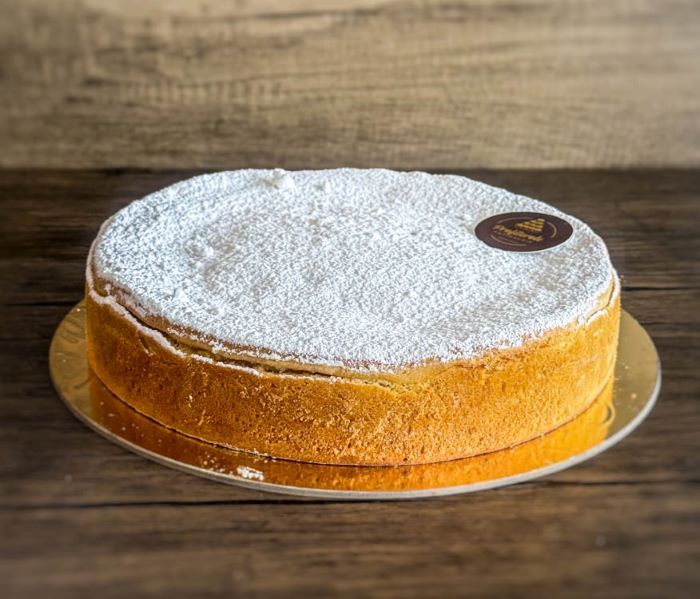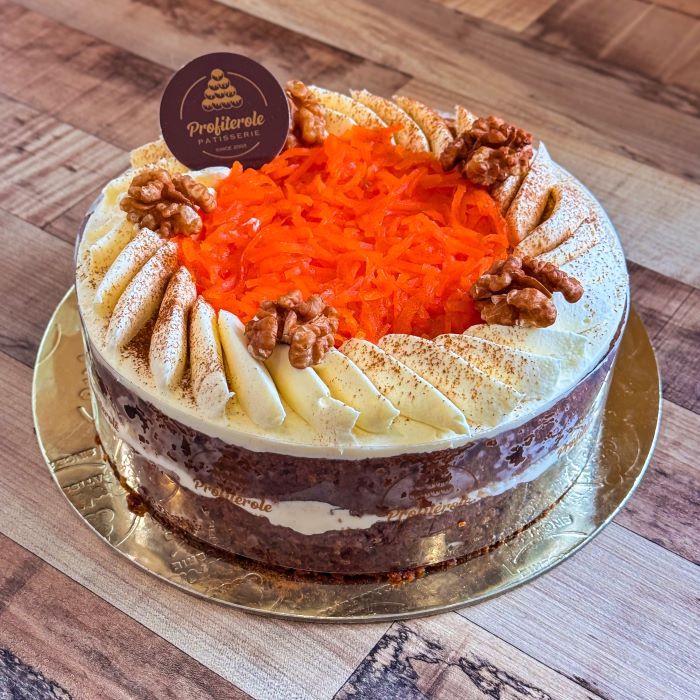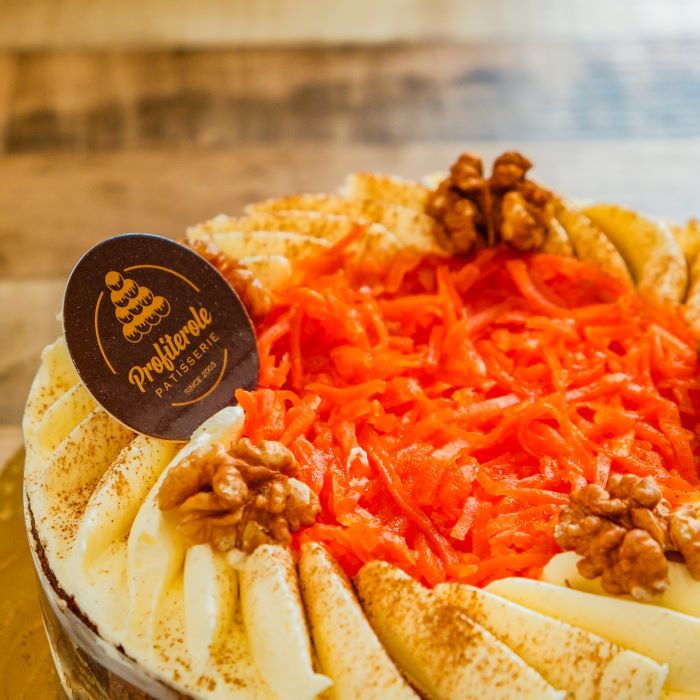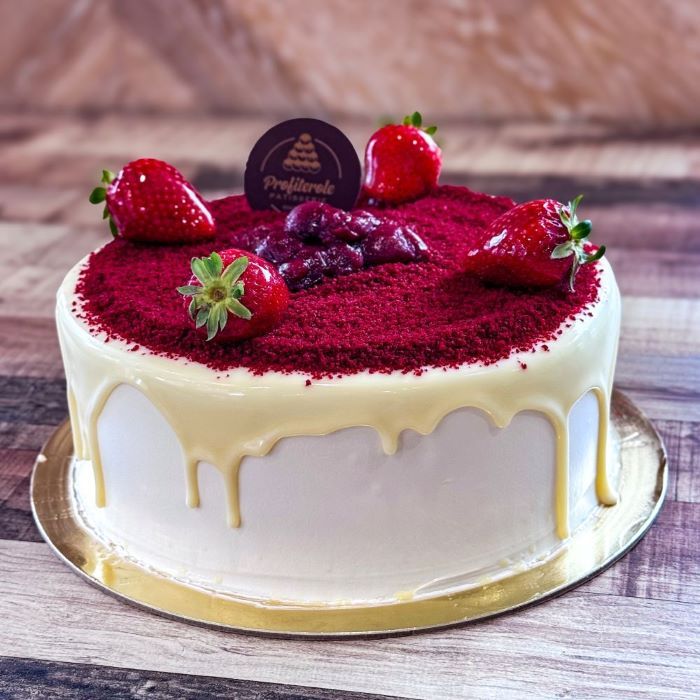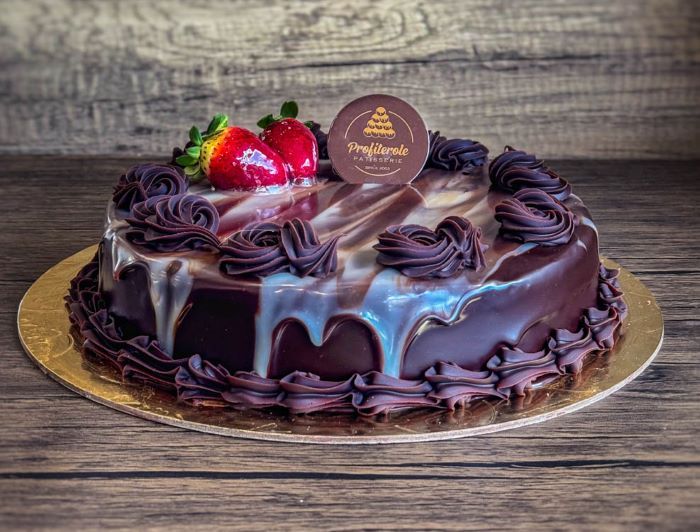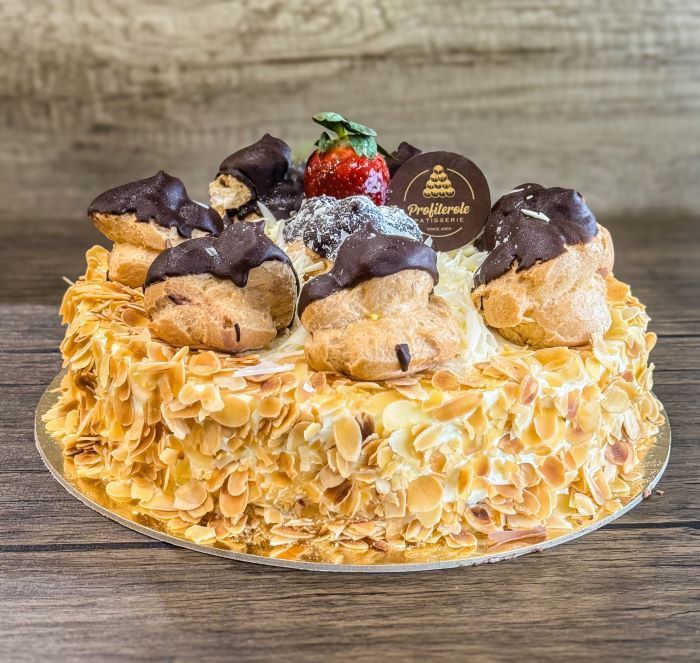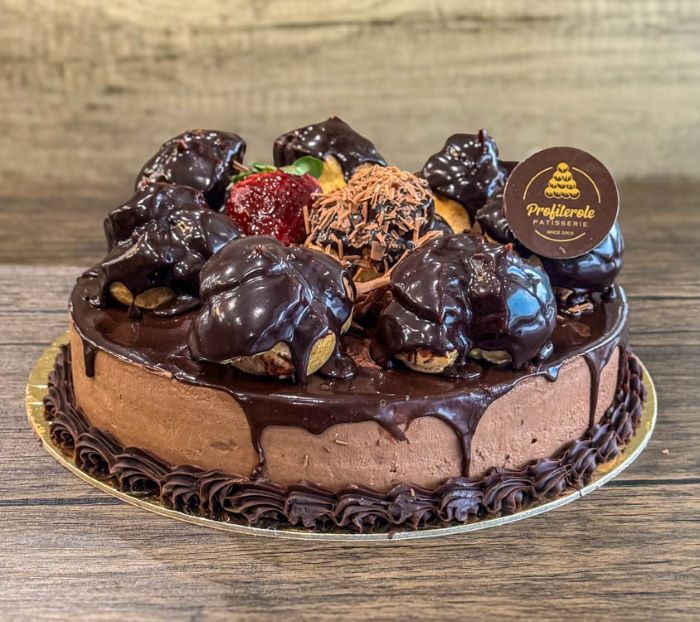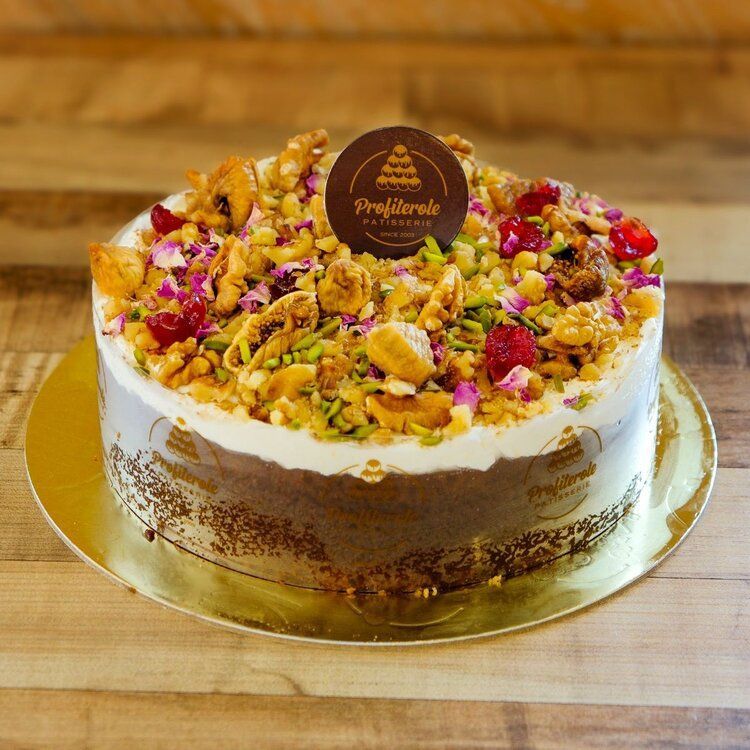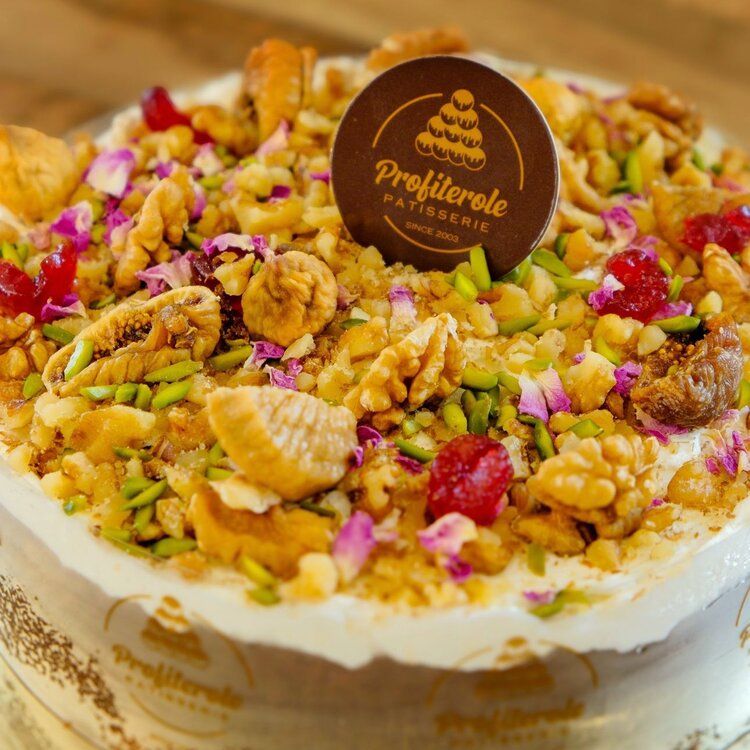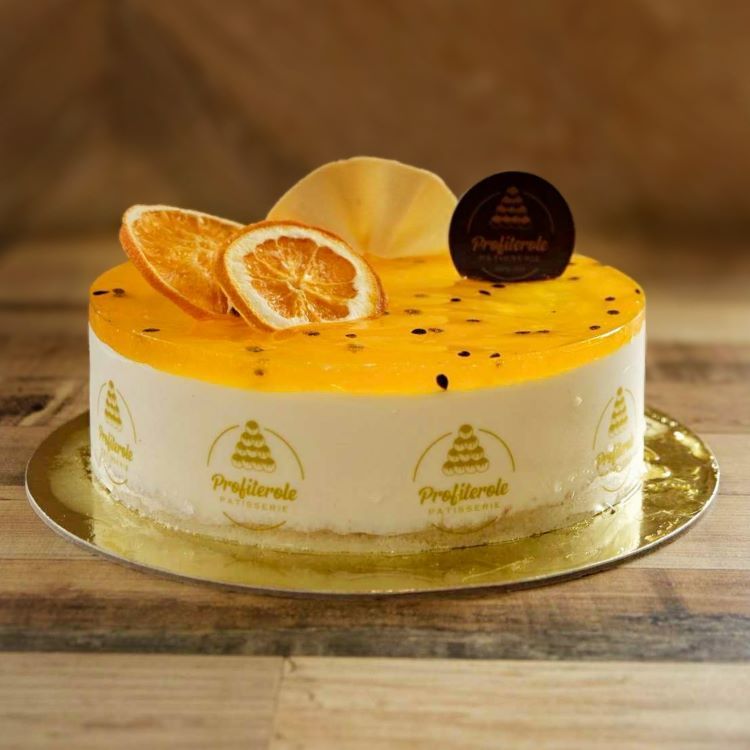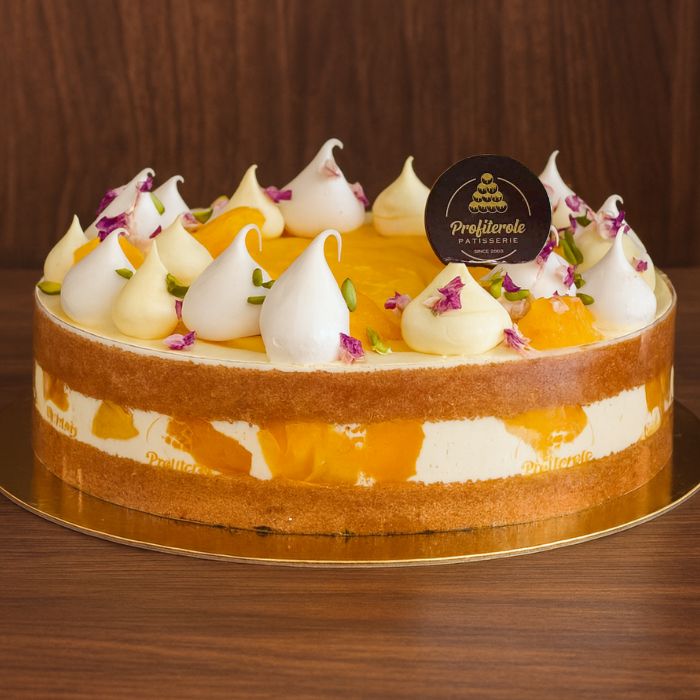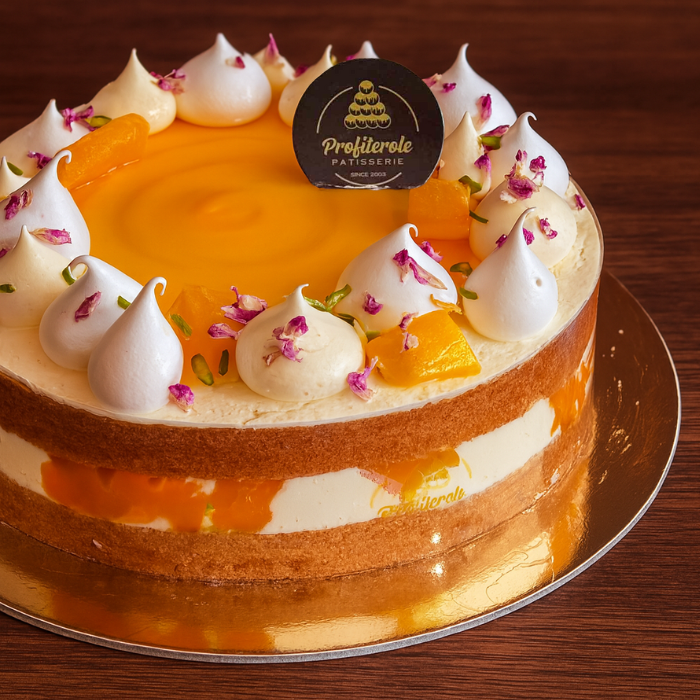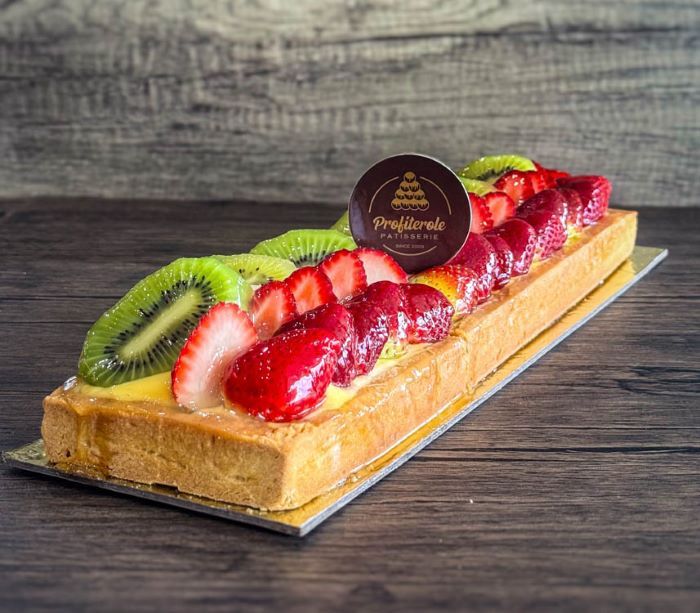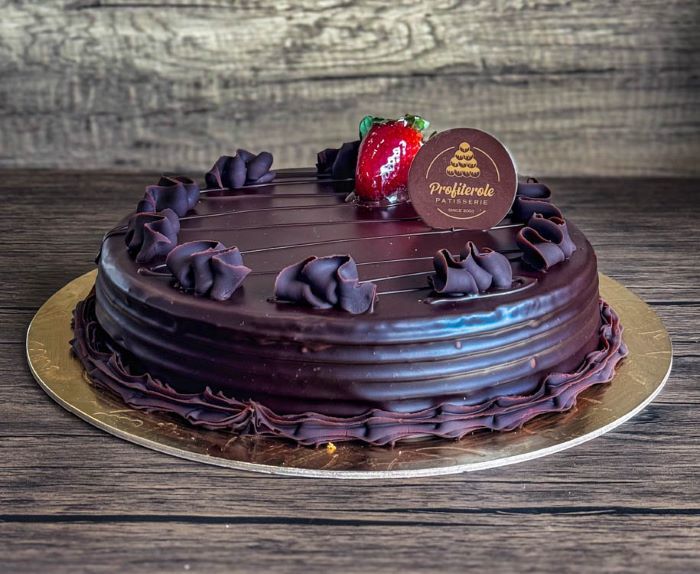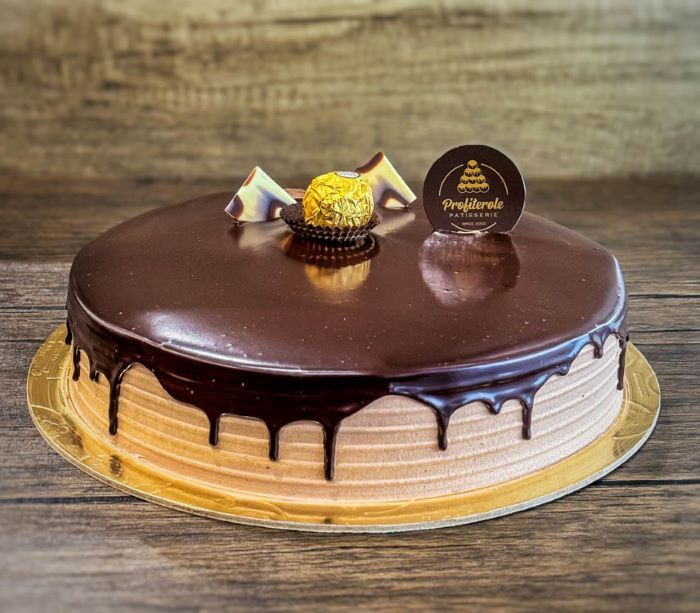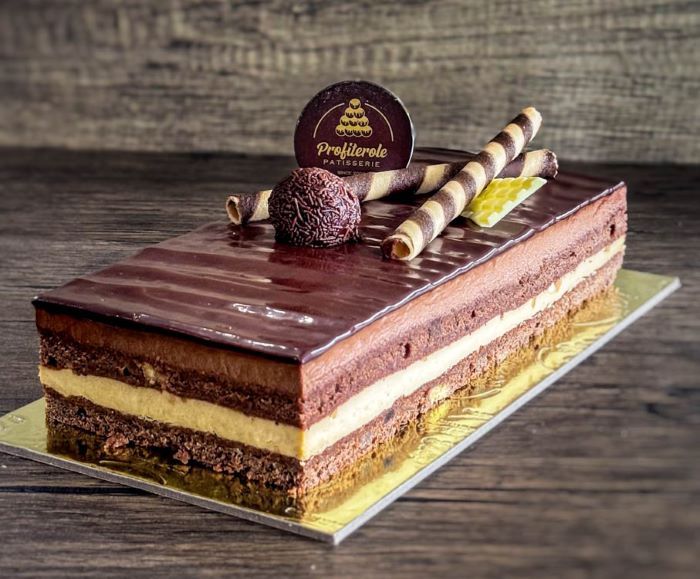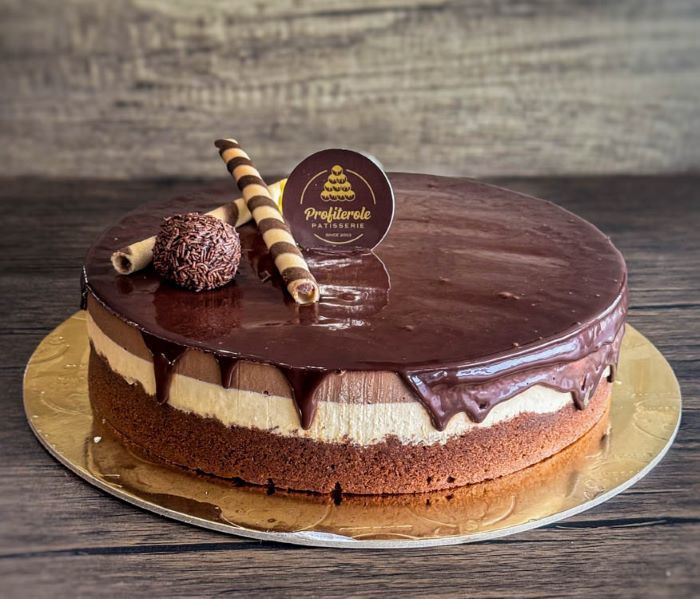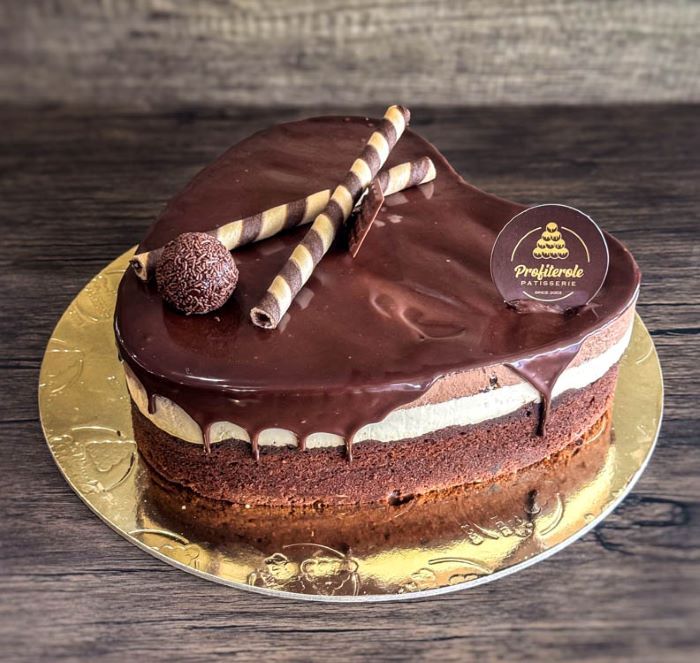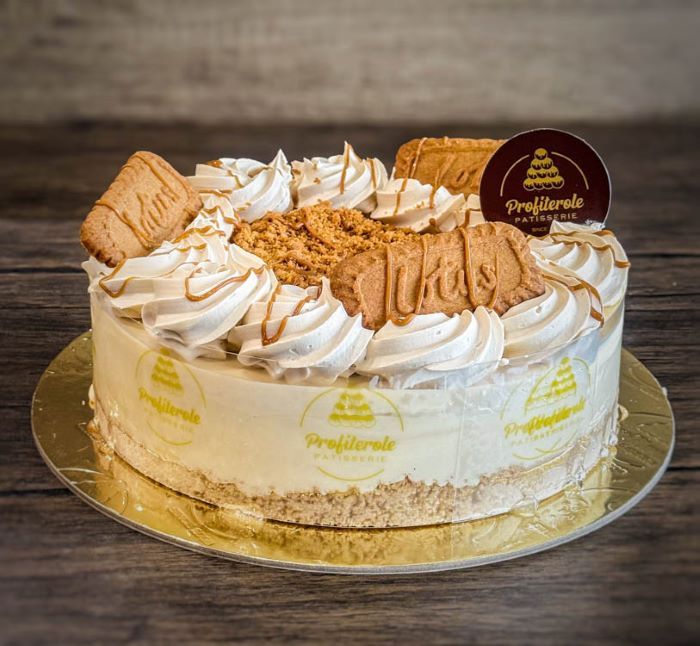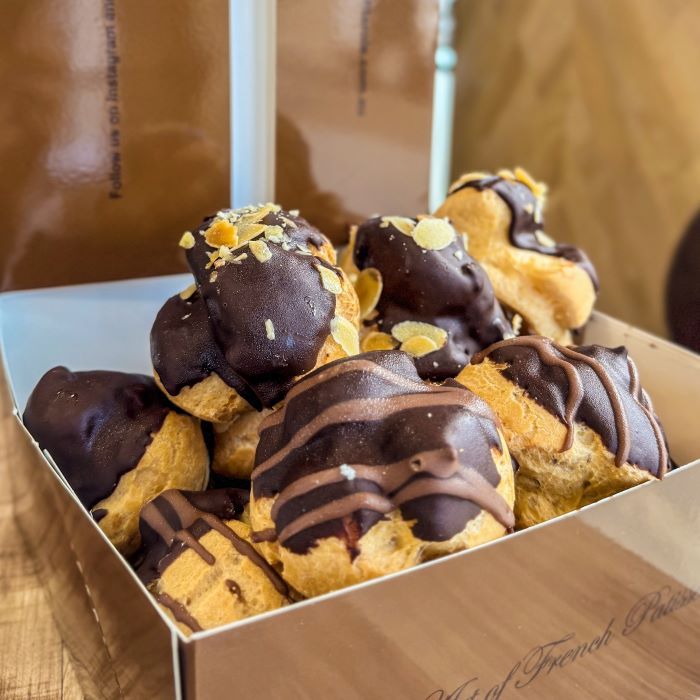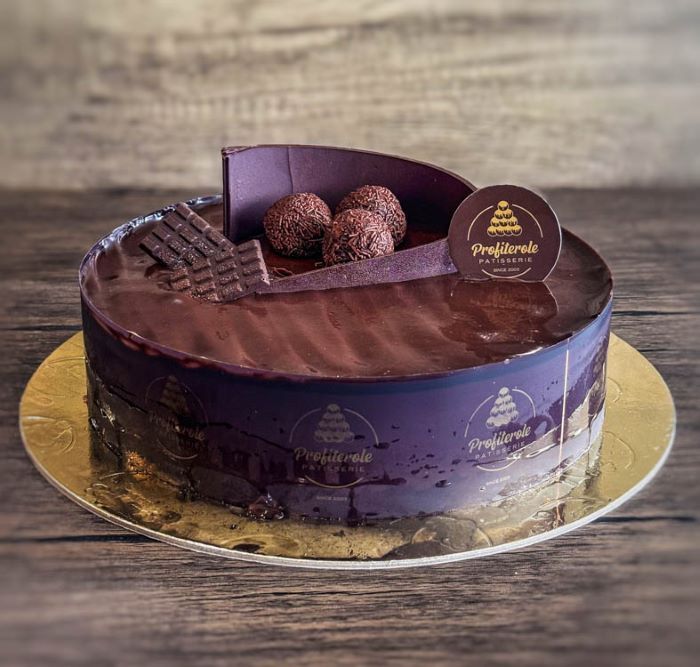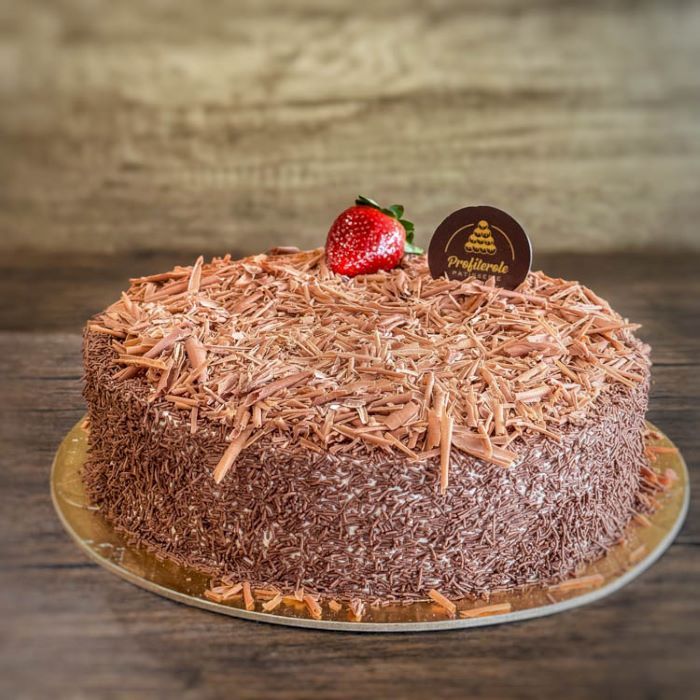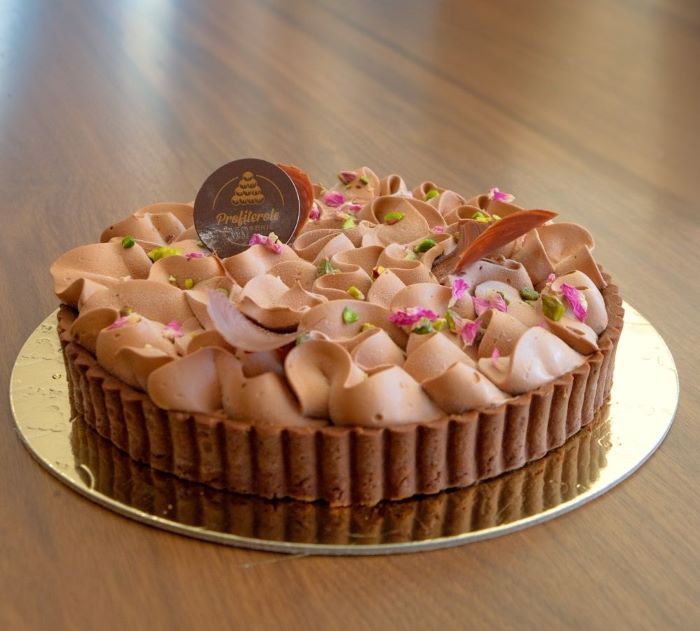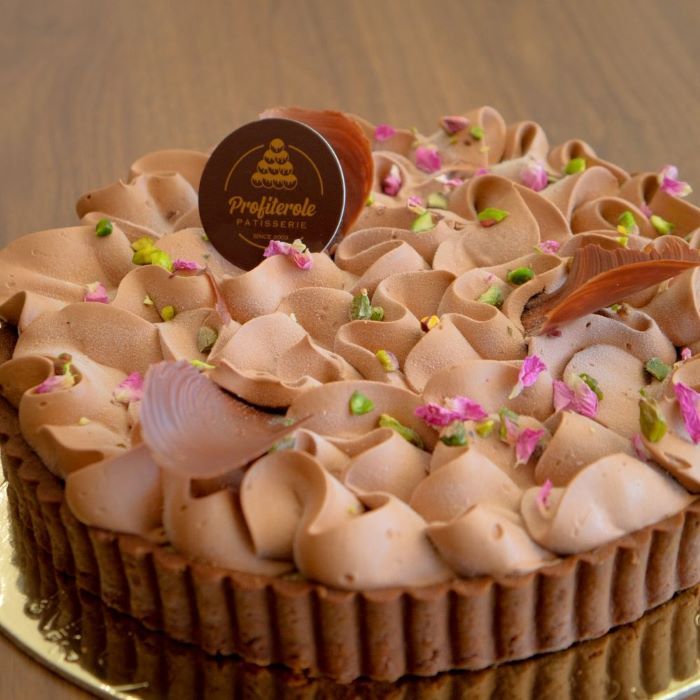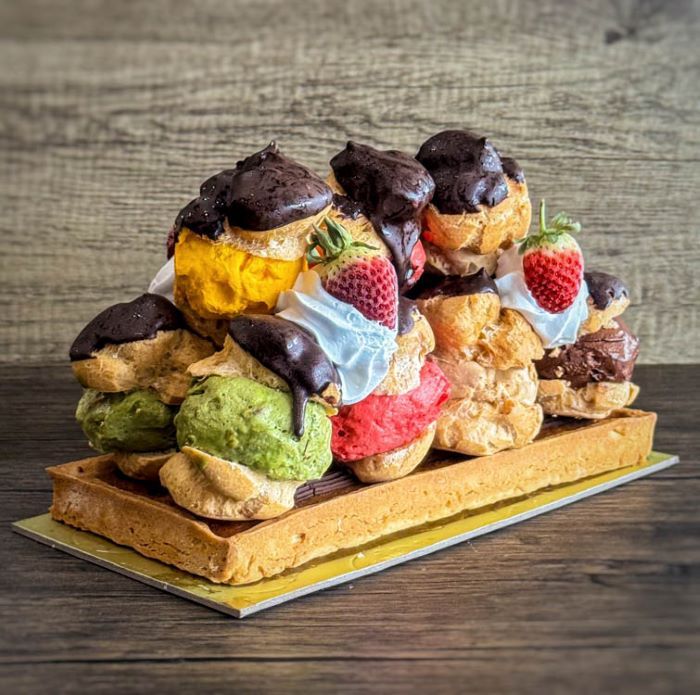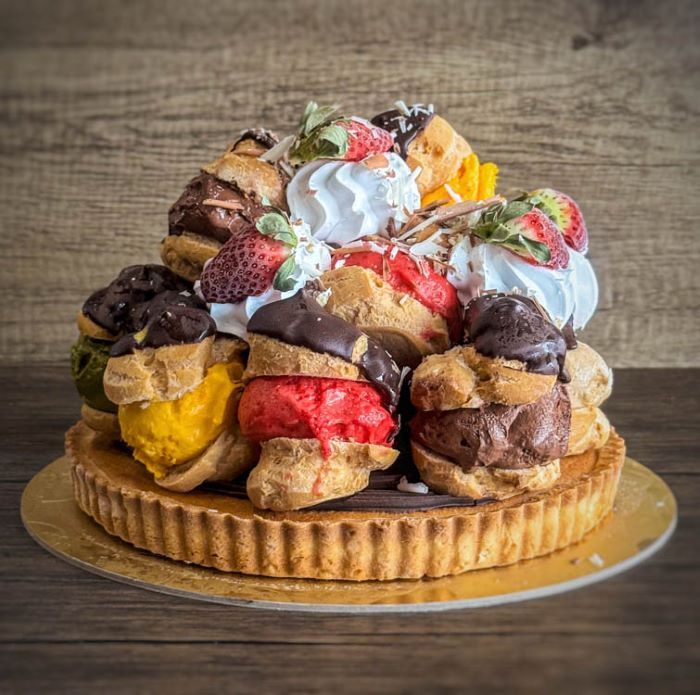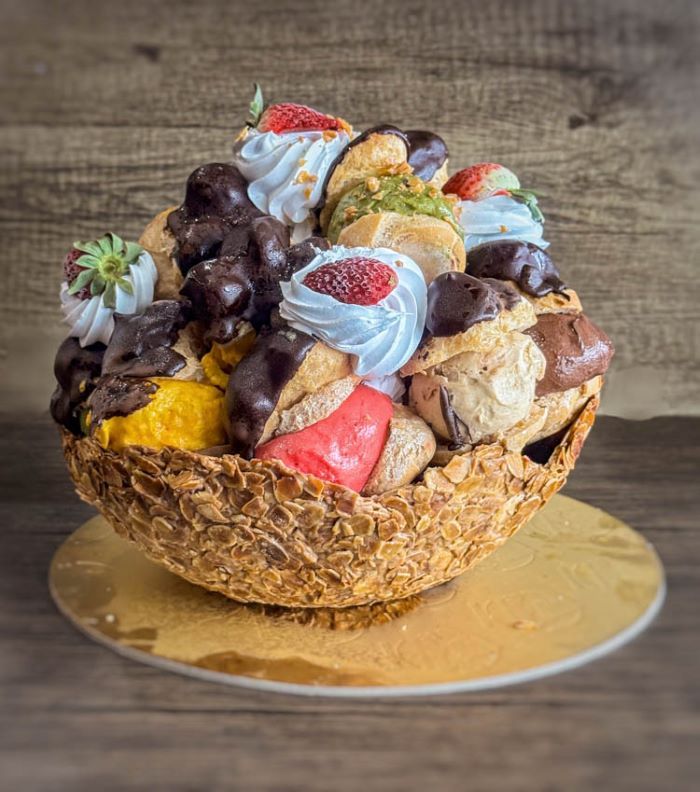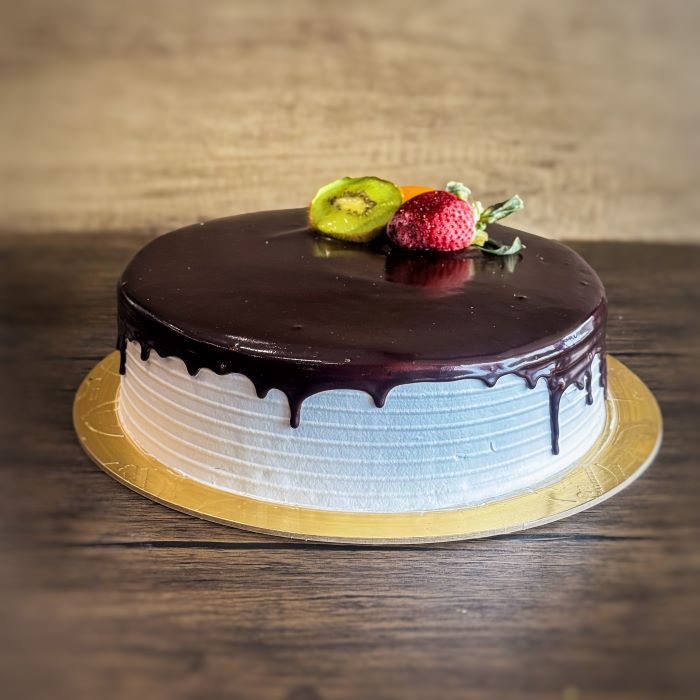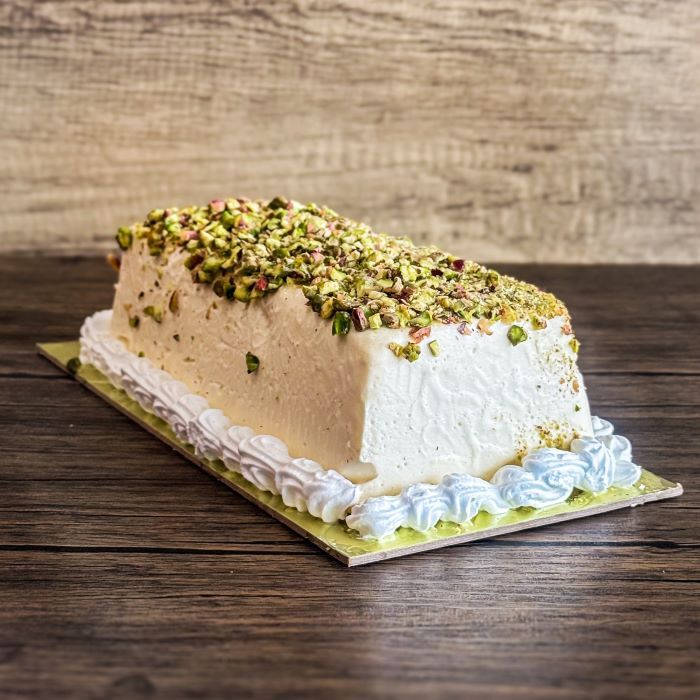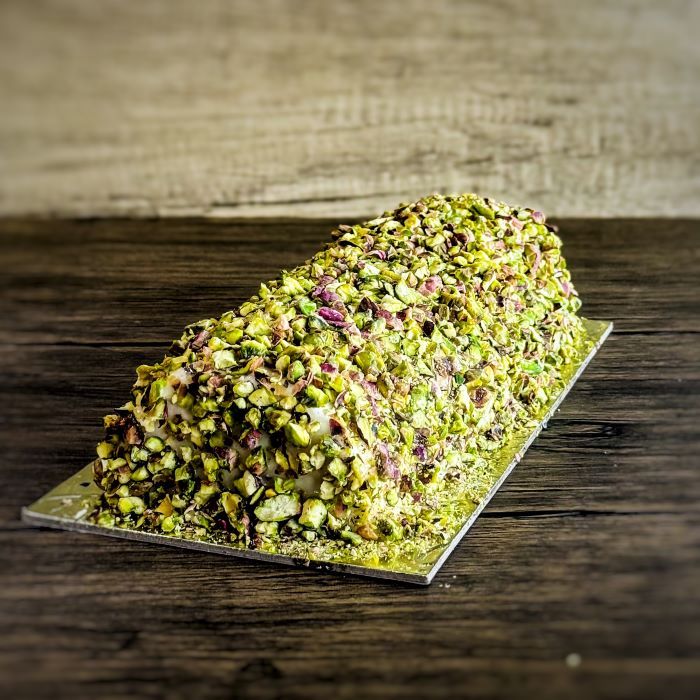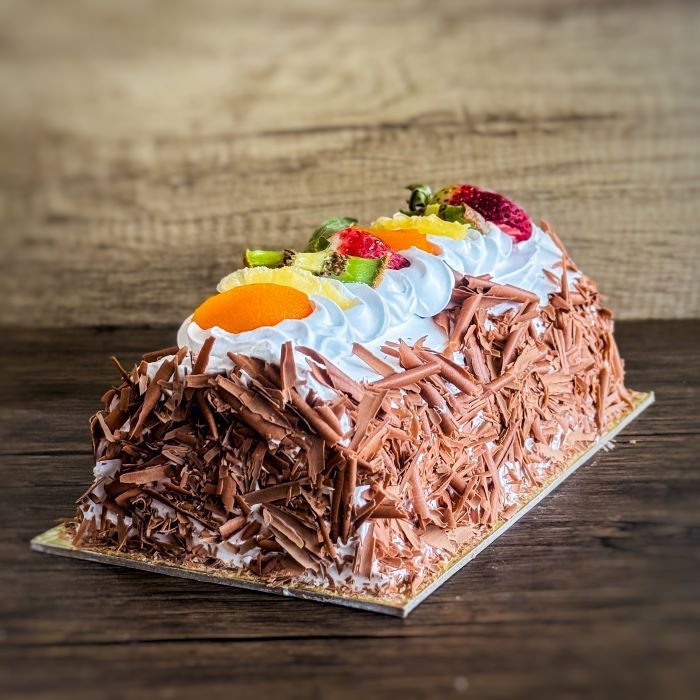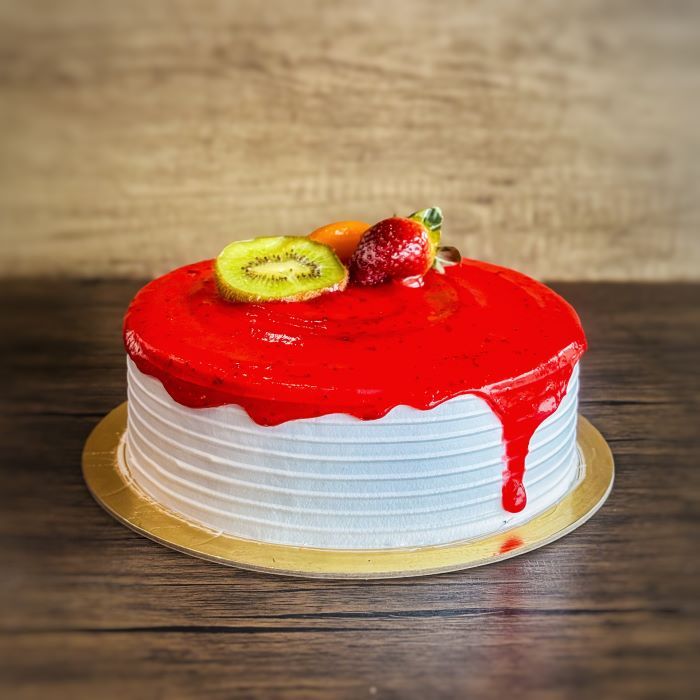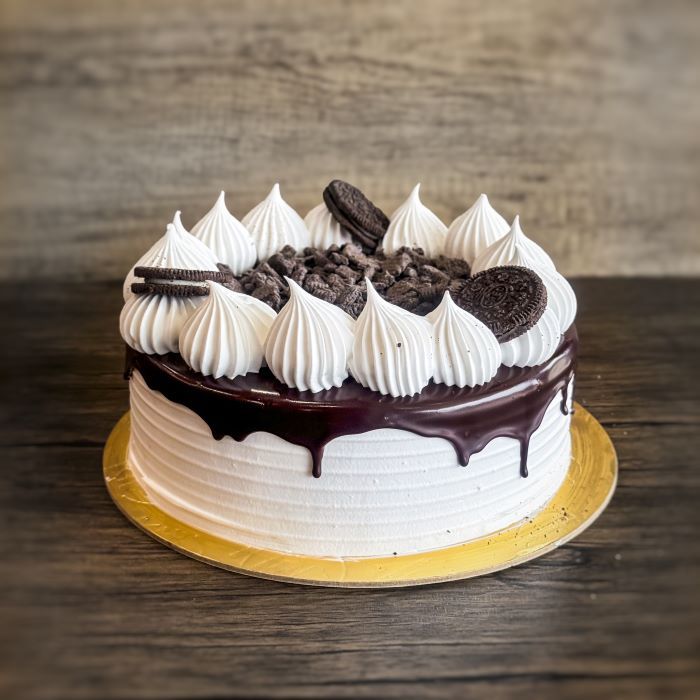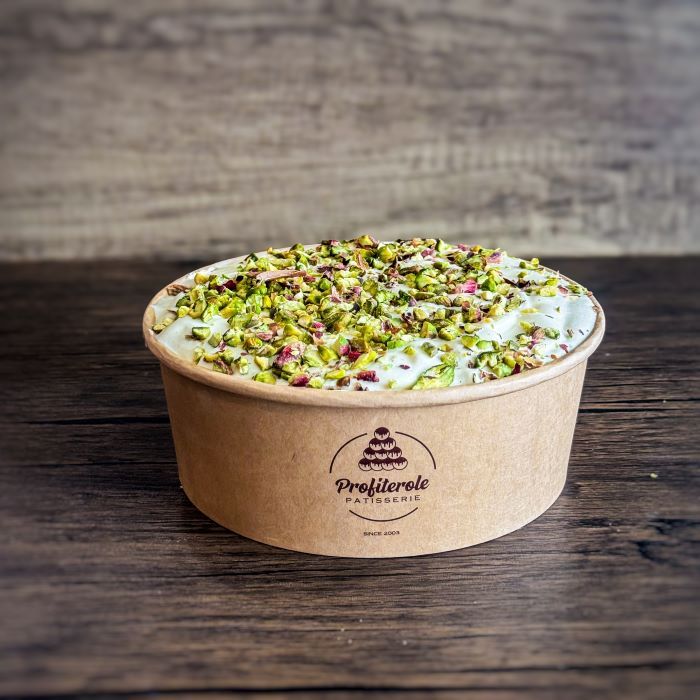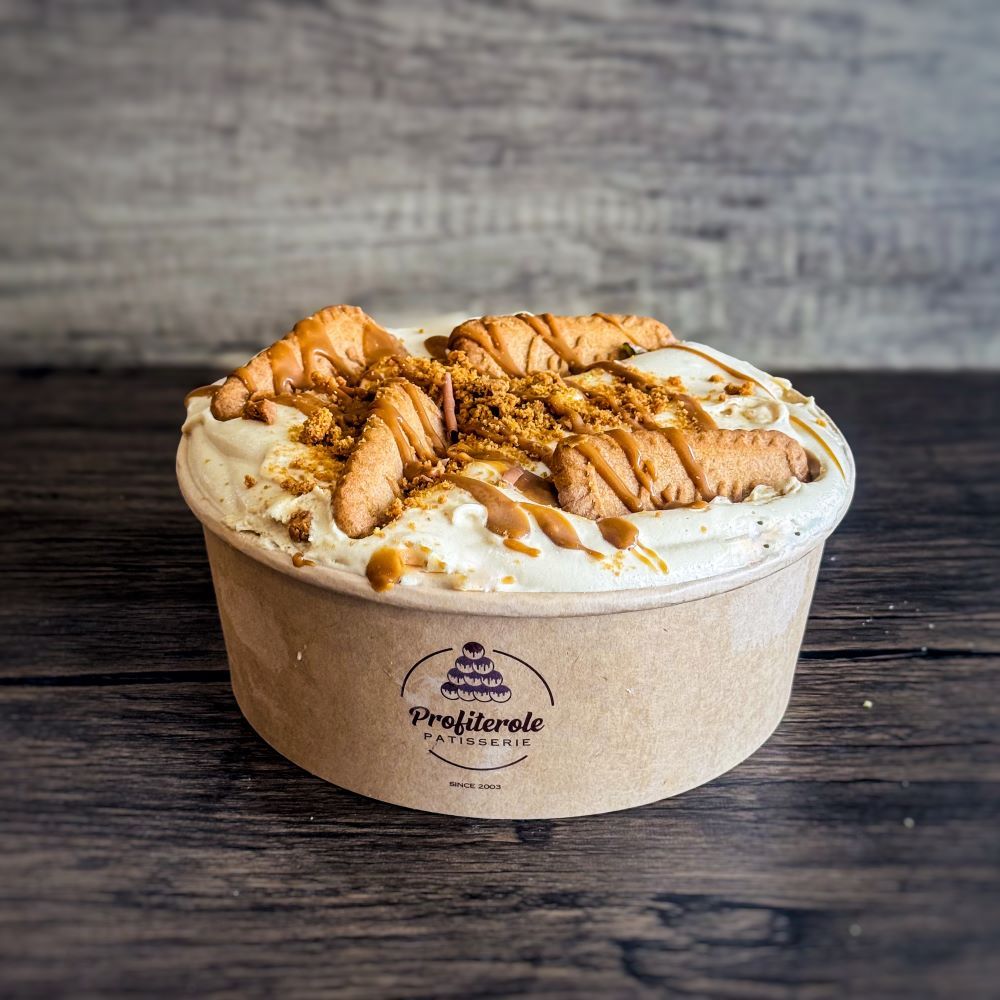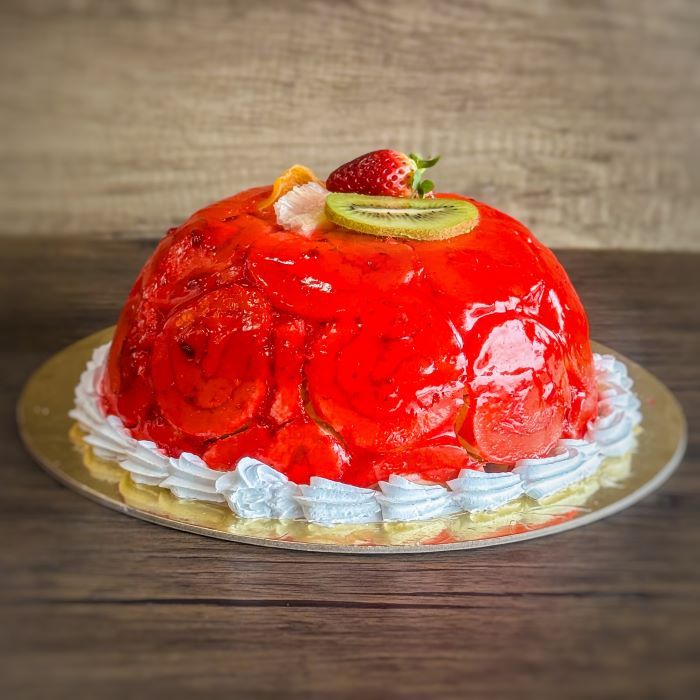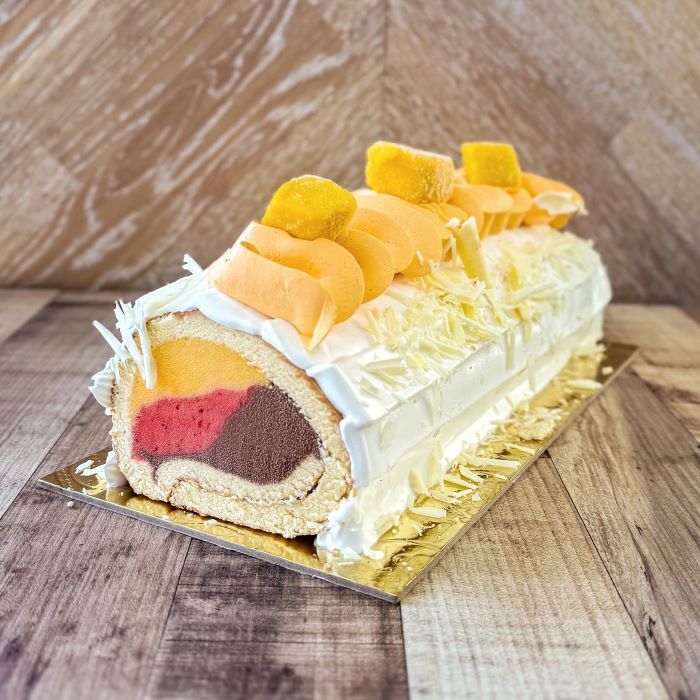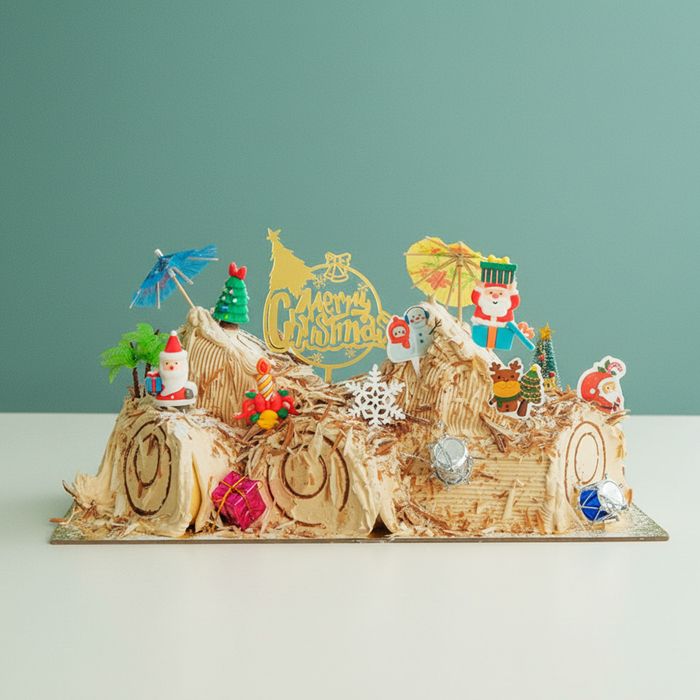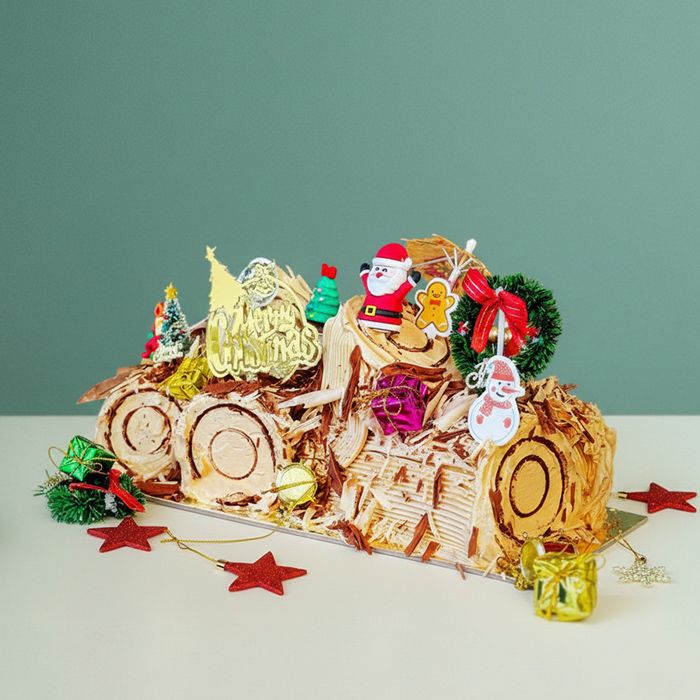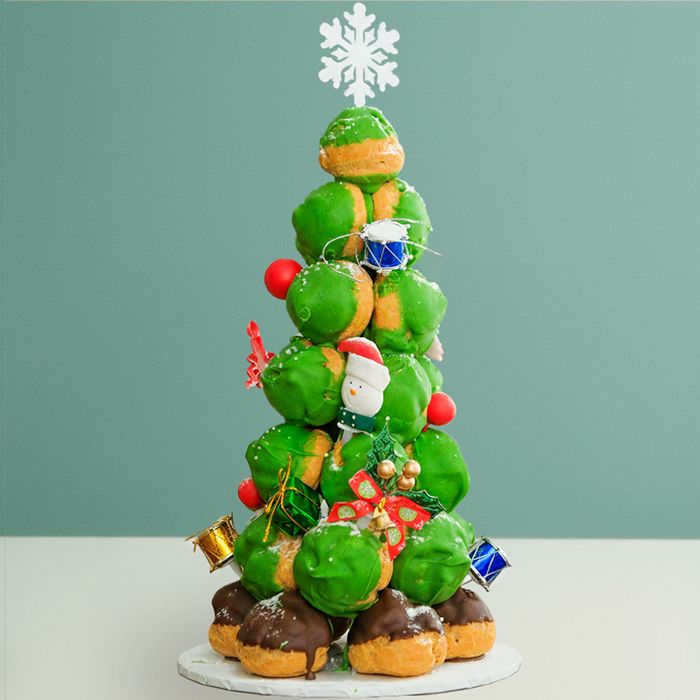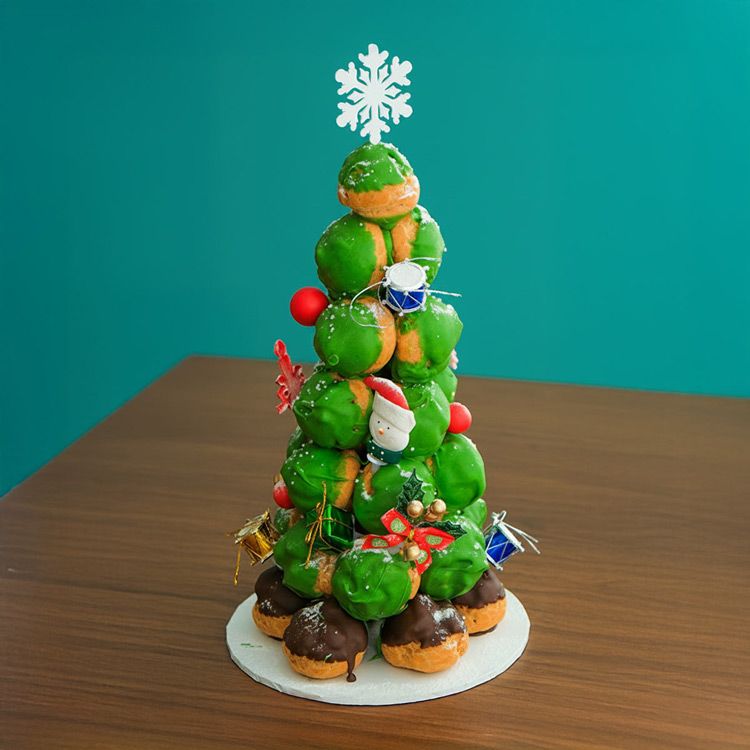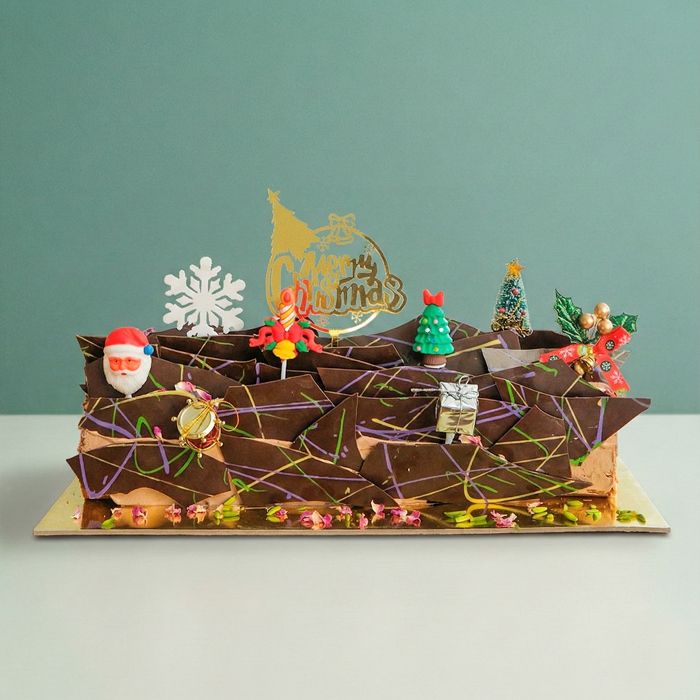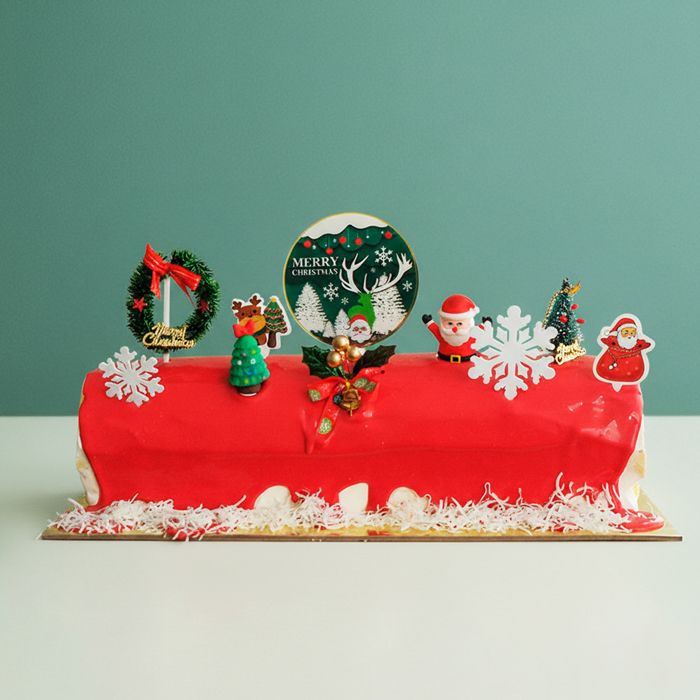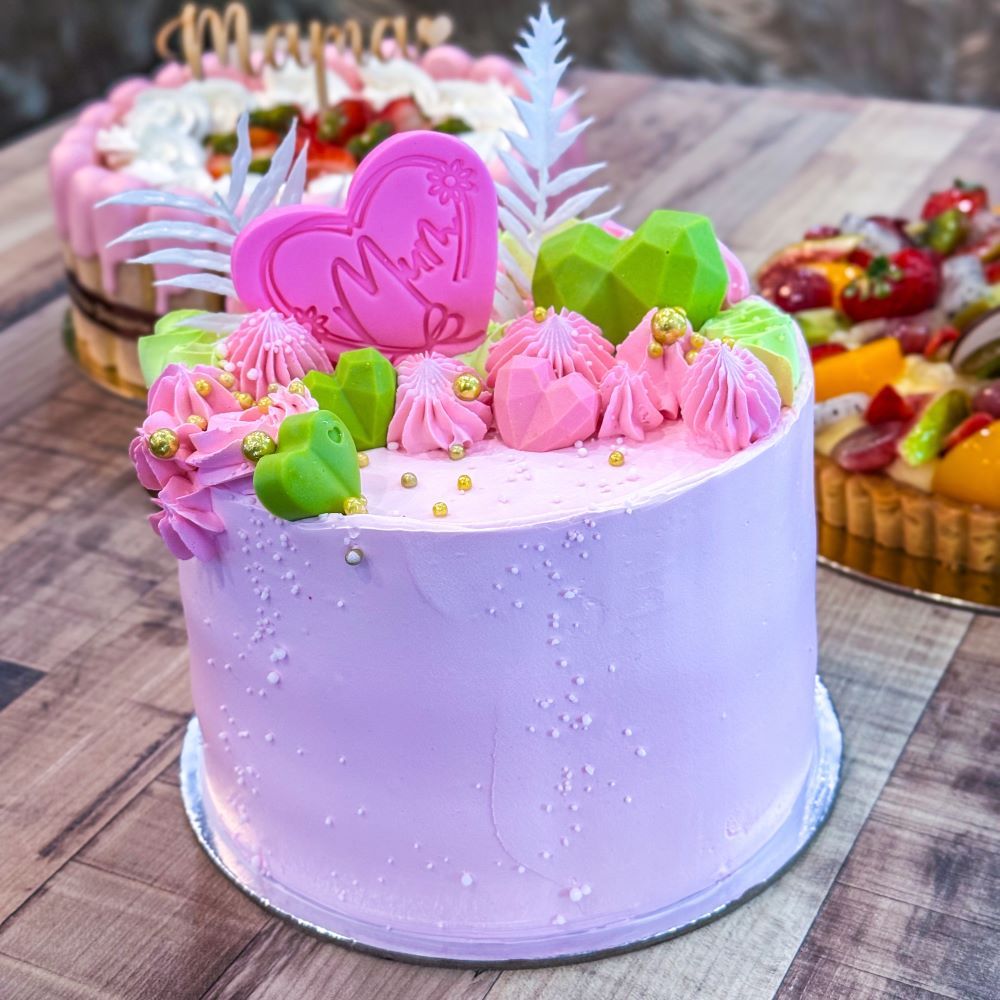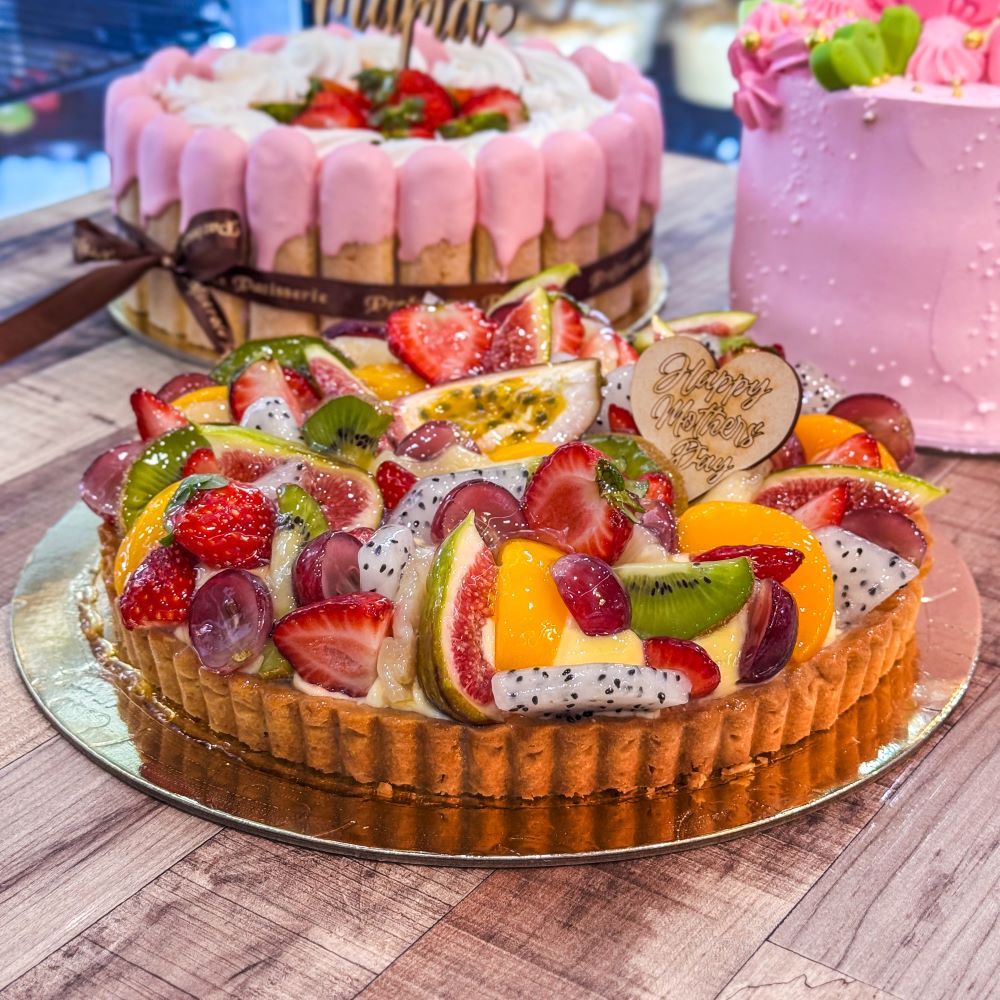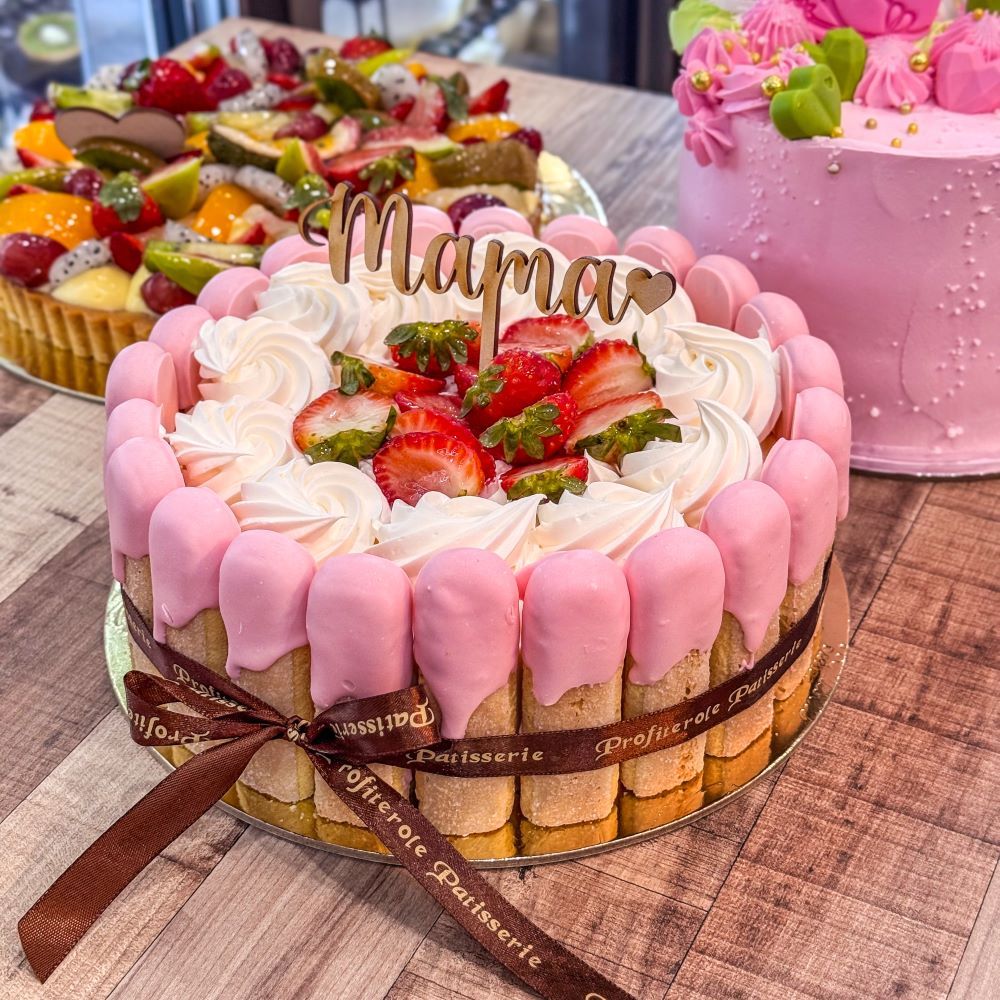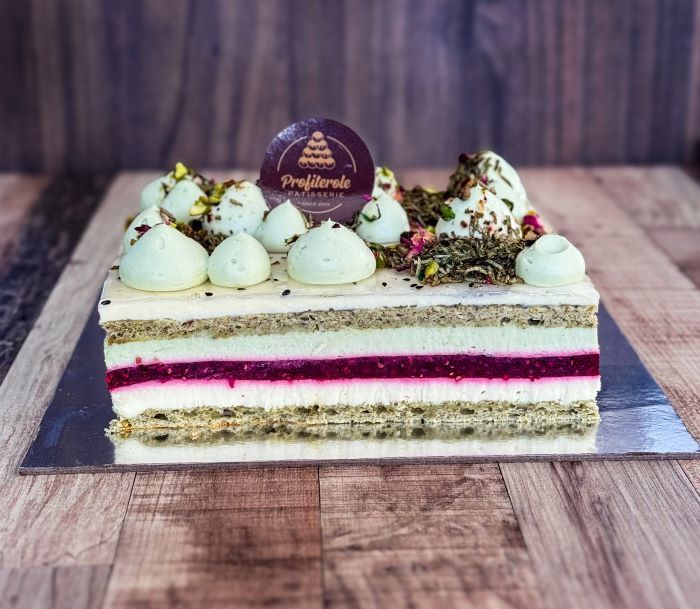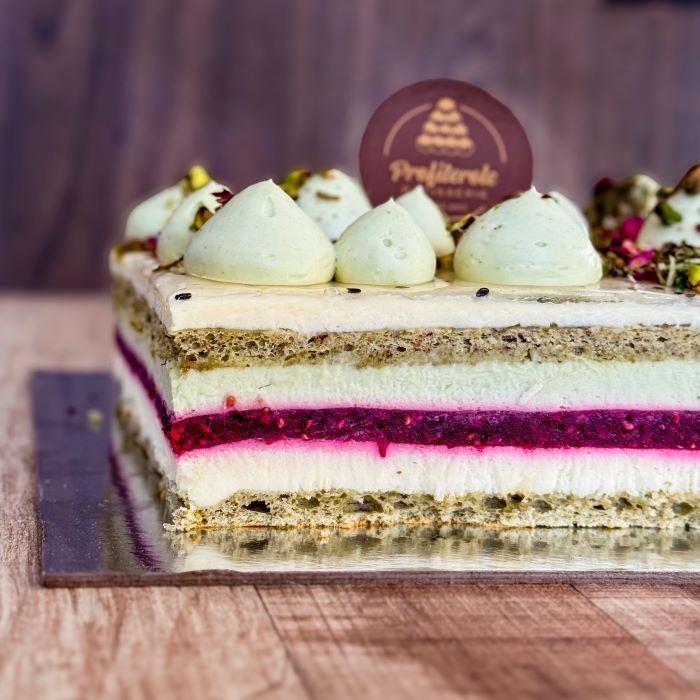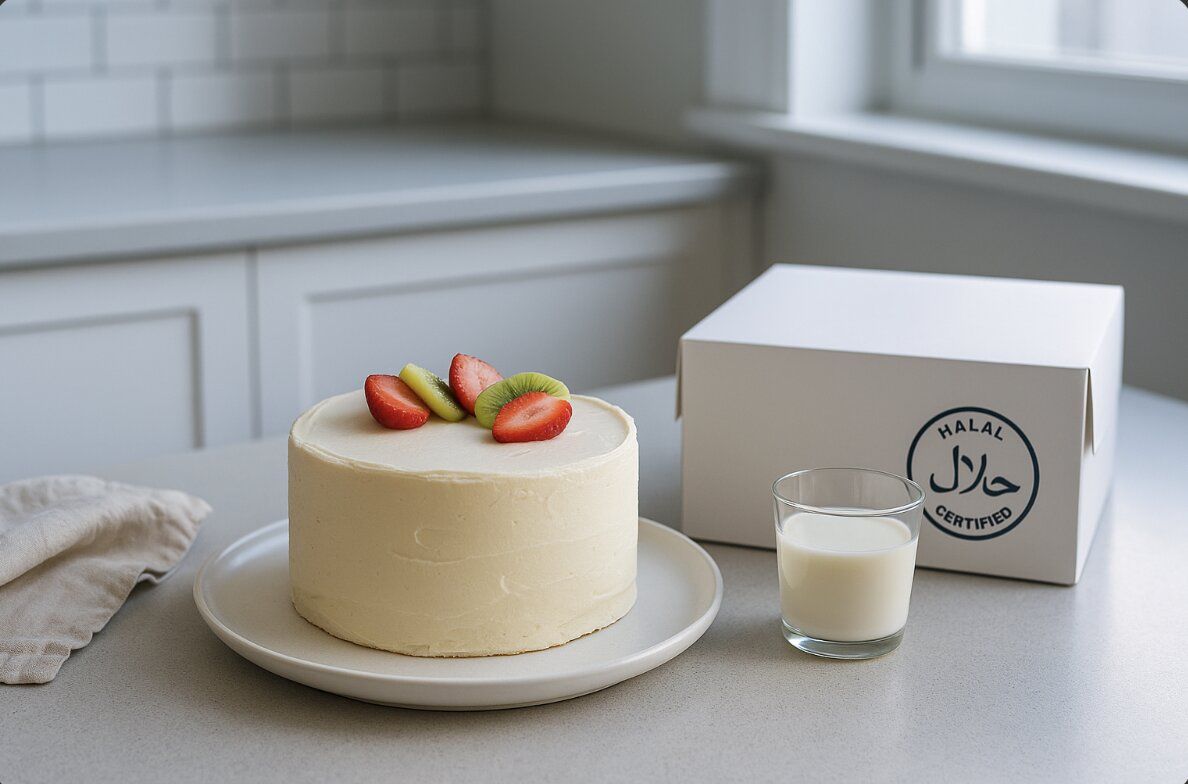
What Makes a Halal Cake? Understanding Ingredients and Certainty
Baking a cake may seem simple, but when you’re baking halal, each ingredient and step matters.
Because Halal doesn't just mean skipping pork or alcohol, it ensures every component and process aligns with Islamic dietary laws.
From alcohol-free extracts to certified fats and avoiding cross-contamination, here’s what you should know to bake, order, or enjoy Halal cakes with confidence.
What Defines a Cake as Truly Halal?
When a cake is genuinely Halal, every ingredient and step must align with Islamic dietary principles. Here are the key things to know about the ingredients that go into and are excluded from Halal-certified cakes.
Choosing the Right Ingredients
A hallmark of a Halal cake is the absence of alcohol. Alcohol is commonly found in flavour extracts like vanilla. Halal cakes only contain alcohol-free or natural alternatives.
Gelatin is another crucial ingredient that goes into cakes. However, this is usually derived from animals such as pigs or beef. The use of gelatin from these sources is not acceptable unless the ingredient itself is Halal-certified. Thus, these are usually replaced with plant-based options like agar-agar or carrageenan. Furthermore, ghee or plant-based oils are preferred fat replacements to ensure no animal-derived, non-Halal sources are used.
Avoiding Sneaky Non-Halal Additives
Even if the base ingredients are Halal, additives can derail the entire dessert. Watch out for colourings like carmine (derived from insects), emulsifiers, or enzymes that may come from animals.
It’s safest to choose certified or plant-based alternatives and always check sources closely.
Ensuring Overall Ingredient Integrity
Sweeteners, spices, and flavourings are generally safe, but they need the same level of scrutiny. For example, sugar must be free from bone char or questionable processing aids, and flavour extracts must be alcohol-free.
Halal from Oven to Presentation
Ensuring a cake remains Halal goes beyond ingredients. It must be supported by process and handling, too.
Preventing Cross-Contamination
Even properly chosen ingredients can become non‑Halal if mixed with contaminated tools. That’s why every surface, utensil, and piece of equipment must be dedicated to Halal use.
Training and Clear Procedures
When baking Halal, staff must be trained in standards like Halal Critical Control Points (HCCPs). This ensures safe handling, whether using labels, colour-coded tools, or separate preparation areas. This minimises the risk at every stage of food preparation.
Traceability and Handling Records
Maintaining logs from ingredient sourcing to storage and cleaning is vital. A traceable process means you can identify and correct issues quickly if doubts arise.
Value of Halal Certification
A Halal certification seals the entire process from sourcing to delivery. It’s not just a label. It’s peace of mind that the cake’s entire journey followed Halal guidelines, reducing uncertainty for bakers and consumers alike
Summary Table: Practical Insights for Halal Cakes
To summarise it all, here are the aspects that you need to know if you want to bake Halal-certified cakes.
| Aspect | Tips |
|---|---|
| Ingredients | Use alcohol-free extracts, halal-certified fats, and plant-based gelatin |
| Hidden Additives | Avoid carmine, animal-derived enzymes, and uncertified additives |
| Cross-Contamination | Dedicate tools and surfaces, or sanitize carefully between uses |
| Staff Training | Train on HCCPs and use labeling or colour-coding in prep areas |
| Traceability | Keep clear logs of ingredient sources, prep steps, and cleaning routines |
| Halal Certification Value | Only certifications validate the process—from sourcing to serving |
Baking with Confidence and Clarity
Halal baking isn’t about sacrifice. It’s about intentionality. When you prioritise ingredient sourcing, safe handling, and transparency, baking or buying a Halal cake becomes a way to honour dietary practices while still indulging in something truly special. Every carefully chosen component tells your guests you care about their comfort and tradition.
At Profiterole Patisserie, we take Halal assurance seriously. From ingredient sourcing to baking hygiene, each cake reflects our commitment to inclusivity and quality. Explore all our Halal-certified cakes here.
Written by Jason Yacoub from Profiterole Patisserie
Date written: 26/08/2025
FAQs
What makes a cake certified Halal?
Halal is more than a label. When a cake is Halal-certified, it means every ingredient and step follows Islamic dietary law.
That means using alcohol-free flavouring, Halal-standard fats, plant-based gels, and ensuring clean handling.
Can vanilla extract be considered Halal?
Only if it’s alcohol-free. Traditional extracts often use alcohol.
Thus, to make your cake Halal whilst infusing vanilla flavouring, swap to alcohol-free or vanilla bean options to keep the flavour without compromising Halal standards.
Is gelatin always non-Halal?
Often, but not always.
Standard gelatin is usually animal-derived, making it Haram.
Instead, look for Halal-certified gelatine or vegetarian alternatives like agar-agar or carrageenan.
How do I avoid cross-contamination when baking at home?
To avoid cross-contamination, treat your kitchen like a Halal zone by following these practices:
- Use separate utensils
- Clean surfaces meticulously
- Store Halal ingredients separately
- Dedicate certain items for Halal baking
Why does Halal certification matter?
Certification signals that every step, from ingredients to prep, is verified.
It gives clarity and trust, proving you’re getting a cake that’s genuinely compliant, not just ingredient-wise but in every detail.
On the other hand, if you're a Halal-certified bakeshop, it signals to your customers with specific religious beliefs that your products are safe for them to consume.
